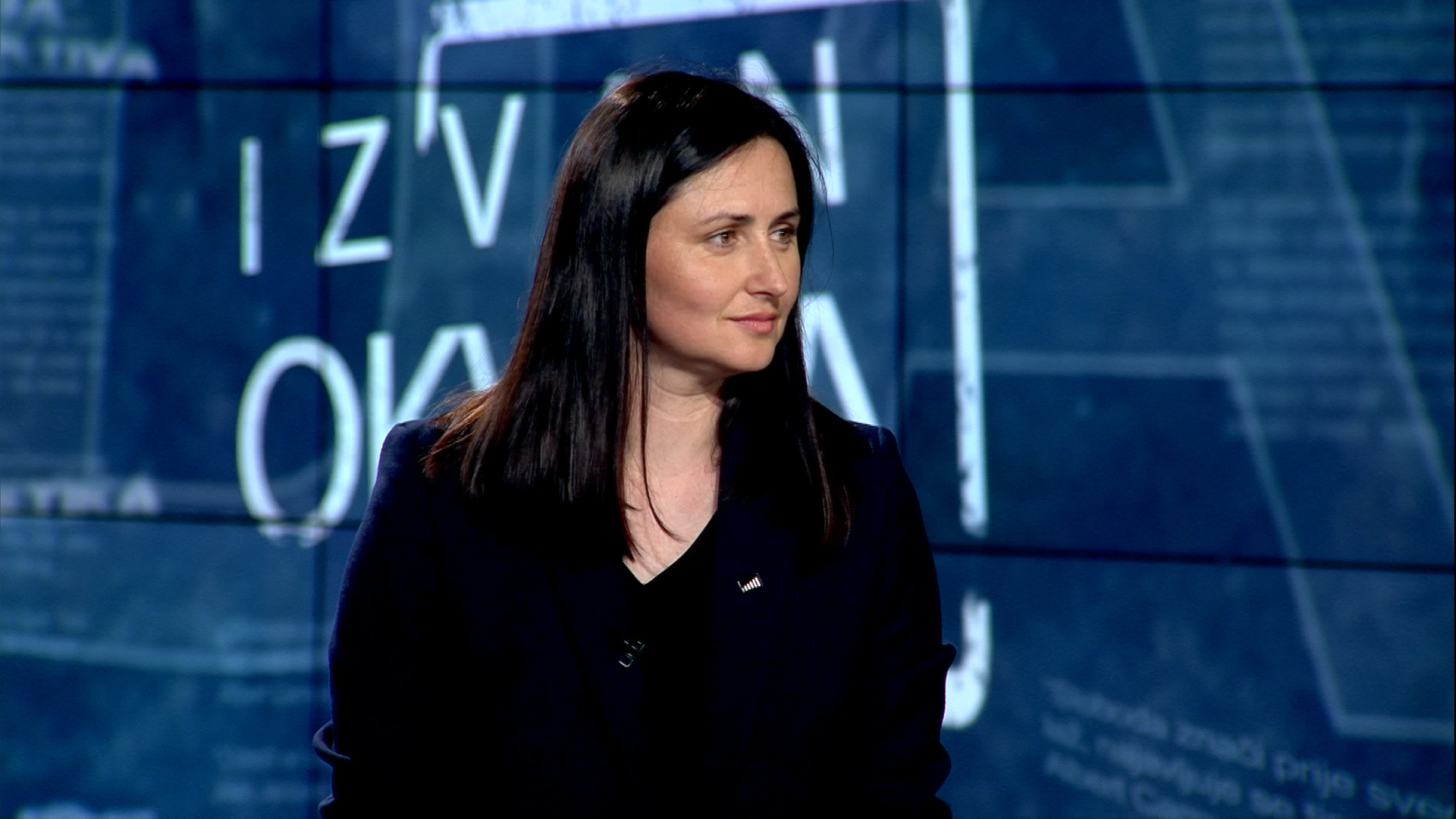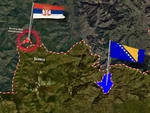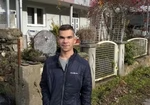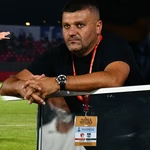Srebrenica Memorial Center: No victim must be forgotten regardless of ethnicity

"A victim is a victim and they must not be forgotten. Just as a criminal must not be forgotten either. We make no difference whether that criminal came from among our people, Serbs or Croats. It is our duty to mark these places, so that the victims are never they forget," Almasa Salihovic, spokesperson for the Srebrenica Memorial Center, told N1.
Oglas
Speaking about the atmosphere among the returnees and victims of genocide in connection with the UN Draft Resolution on Srebrenica which will be discussed on Wednesday, Salihovic said:
“There are only a few returnees in Srebrenica, but once you survive genocide and decide to return to the town – you accept everything as a fight for your survival. When we talk about the Resolution, it's something we’re all looking forward to and expect it will be adopted. Dialogue with the Serb population in Srebrenica regarding the genocide and the Resolution is very rare. We can’t say that there is panic among the returnees, but there’s certainly a sense of unease. Especially since some parties from the Republika Srpska (RS) entity announced protests."
Speaking about the Srebrenica Memorial Center’s cooperation with the RS authorities over the past 20 years, the spokesperson said they have not had any cooperation.
“The RS authorities call the Memorial Center a place that promotes hatred, but it is exactly the opposite,” she said.
The Center is often accused of wanting to declare the entire Serb people as "genocidal." They are also accused of wanting to accuse Serbs of collective responsibility for the genocide that took place in Srebrenica, in 1995.
“The Memorial Center follows the facts, and the facts say that genocide was committed in Srebrenica. It is known who committed it, but the Memorial Center never uttered the words 'collective responsibility,' we never condemned an entire people and no employee of this Center ever said that even though many survivors were victims of genocide. Many people in Serbia and Republika Srpska are trying to impose on us that we are the ones talking about 'collective responsibility'. If we want to build the future, we must admit what happened and accept the past as it was,” Salihovic told N1.
Speaking about the Center’s activities regarding the commemoration of the suffering and honouring of the victims of crimes of members of the Army of the Republic of Bosnia and Herzegovina, she said they are marking the crimes in the town of Grabovica.
“The Memorial Center, i.e. its members, visited this place several times and paid tribute to the victims who were killed by members of the RBiH Army, As part of the activities of the Dialogue Committee. A victim is a victim and they must not be forgotten. Just as a criminal must not be forgotten. We don't differentiate whether that criminal came from among our people, Serb or Croat people,” she stressed.
Kakvo je tvoje mišljenje o ovome?
Učestvuj u diskusiji ili pročitaj komentare
Oglas
Kakvo je tvoje mišljenje o ovome?
Učestvuj u diskusiji ili pročitaj komentare
Oglas
NAJČITANIJE
Oglas
Oglas
Najnovije
Oglas
Oglas





 Srbija
Srbija
 Hrvatska
Hrvatska
 Slovenija
Slovenija



























































